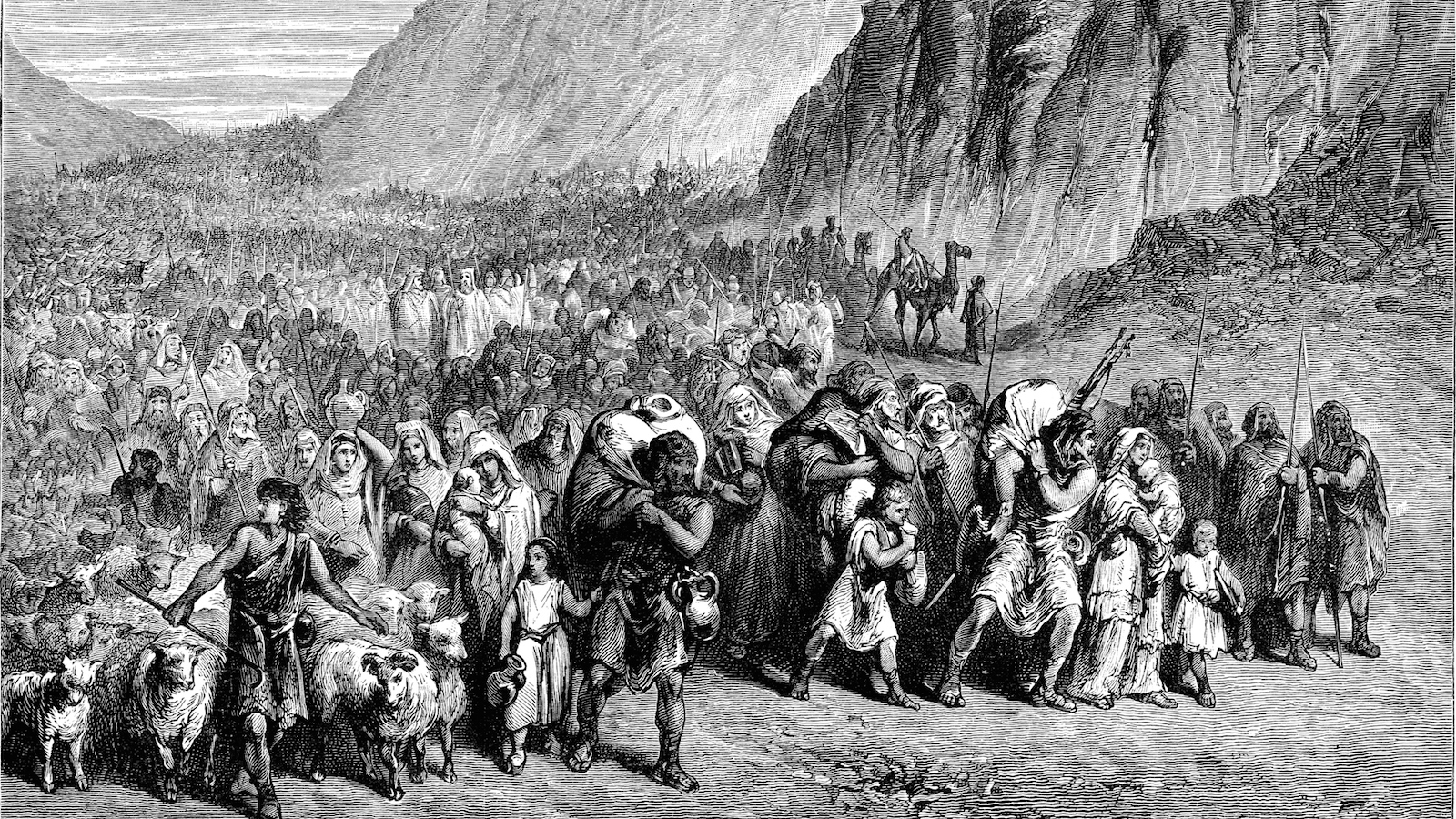Commentary on Parashat Bo, Exodus 10:1-13:16
Many times the tenor of the portion is indeed determined by its opening word or words–what gives the portion its name. Some will argue that it is a simple device to name each portion and nothing more. Others will say that the names of the portion are actually markers along the spiritual path that the Israelites traveled, and that we can find our own such path by following these markers as well. The challenge, of course, is to discern their meaning for our lives.
The portion begins “Adonai said [to Moses] ‘GO’ to Pharaoh.” But the Hebrew word that is used by the text is “Bo,” usually translated as “come” rather than “go.” And it is clear that it is not Pharaoh speaking, saying to Moses “come,” but rather God.
This would be reminiscent of the wicked witch in the Wizard of Oz calling out to Dorothy “Come, my pretty” when you know the witch means to do Dorothy harm. Is God attempting to say to Moses “Come to Pharaoh”? Maybe contained in the word “come” is God’s attempt to communicate to Moses the posture that he needs to take to confront his enemies.
Facing Fears
As we see so many times in the Torah, the main character has to face his or her fears before he or she can move forward on the desired path in life. Here, God is commanding Moses to “come” to Pharoah because it is in his approach that he will find the wisdom and insight to take the people out of Egypt.

Help us keep Jewish knowledge accessible to millions of people around the world.
Your donation to My Jewish Learning fuels endless journeys of Jewish discovery. With your help, My Jewish Learning can continue to provide nonstop opportunities for learning, connection and growth.
It is clear that Pharaoh is an enemy of the Jewish people, even though his predecessors befriended Joseph and his brethren. It was hard for Moses to “come” close to him–but he could only find a way out of Egypt if he came close to his enemy.
Perhaps we have to take the same steps and come close to those in our community that we have avoided in the past. We have to challenge what we see as a threat to ourselves if we are going to find a path out of the slavery that continues to bind us.



